Democrats are scrambling to respond to President Donald Trump’s unilateral attack on Iran’s nuclear facilities.
It’s another high-stakes move by the president that could present a major political opening — but the party has, so far, appeared fractured in its public messaging.
Rep. Alexandria Ocasio-Cortez (D-N.Y.) quickly called for Trump to be impeached, but most House Democrats on Tuesday voted down Rep. Al Green’s (D-Texas) resolution to do so. Other Democrats have supported Trump’s strike, including Rep. Jared Golden (D-Maine), who said the president was “right” to bomb Iran. Democratic National Committee Chair Ken Martin posted “no new wars” on X, while House Minority Leader Hakeem Jeffries vented that Trump “failed to seek congressional authorization.”
It’s the kind of disjointed and, at times, contradictory message that’s become emblematic of the Democratic Party that’s been locked out of power in Washington, cut out of the loop, and left without clear party leadership during Trump’s second term. Where Democrats were once reflexively #Resistance-driven during the president’s first term, giving them clear anti-Trump positions on much of what he did, they’re now more nuanced, sometimes circumspect, on Trump’s controversial moves on trade, immigration and now, foreign policy.
Democrats often unify on arguments about process and rules, including on the Iranian strikes, when they’ve primarily attacked Trump for failing to seek congressional approval. Multiple War Powers Resolutions — which would prevent Trump from further engaging in hostilities against Iran without congressional approval — are in the works.
But that response, so far, is “a classic Democratic messaging problem,” said Morgan Jackson, a top Democratic strategist based in North Carolina, who said that Democrats “should be making two points, clearly and consistently that’s broadly adopted: Trump is dragging us into a war, which he said he’d never do, and he’s making Americans less safe.”
“When we debate the process, war powers vote, impeaching him because he didn’t ask Congress — voters don’t care about that,” Jackson added. “When we have a message about process versus a president who took action, [then] that’s a losing message.”
Or as a Democratic consultant said when granted anonymity to speak frankly about the party: “Our response is to push our glasses up our nose and complain about the illegality of it? Come on. We can’t just bitch about the process.”
Democrats’ jumbled answer to the United States’ strikes in Iran, so far, is also the product of a specific challenge, several House Democrats said: They’re operating without much information.
The Trump administration postponed a closed-door congressional briefing on the Iran strikes Tuesday afternoon, drawing the ire of Democrats who questioned whether the administration was trying to obfuscate its intelligence, and Rep. Jim Himes (D-Conn.), the ranking member on the House Intelligence Committee, said he first heard about the attack on social media.
“There’s no official party line” because “you need the facts,” said Rep. Gregory Meeks (D-N.Y.).
That’s left Trump and Republicans to dominate the public messaging around a rapidly changing situation.
After Trump signed off on a trio of bombings on Iran’s nuclear sites on Saturday, he claimed the strikes “obliterated” Iran’s nuclear capabilities, but his own military leaders walked back that assessment. Trump floated the possibility of regime change in Iran, then backtracked by Tuesday, telling reporters he wants “to see everything calm down as quickly as possible.” The president helped to broker a ceasefire deal between Iran and Israel, but it’s already been tested and it’s unclear how long it may hold.
That constant uncertainty is at the core of Democrats’ defense for their constitutionality argument. Himes, who has introduced one of the War Powers Resolution measures, warned that he “would be willing to bet my next paycheck that a ceasefire is not likely to remain in effect for very long,” so “I think the Constitution to which we all theoretically subscribe should be enforced.”
House Democratic Caucus Chair Rep. Pete Aguilar (D-Calif.) said it was “completely unacceptable that Congress has not been briefed on this in a timely fashion,” adding that “launching an attack without congressional authorization is wrong” and “launching a potentially unsuccessful attack without congressional authorization would be an administration-defining failure.”
Potential 2028 Democratic presidential contenders, from California Gov. Gavin Newsom to former Secretary Pete Buttigieg to Minnesota Gov. Tim Walz, have largely focused their responses to the Iranian strikes on public safety and concern for military personnel. Otherwise, they’ve largely stayed quiet.
“Our challenge is, yes, we have no clear leader but, just as important, everyone is still trying to figure out what’s going on,” said a Democratic operative who is advising a potential 2028 candidate and was granted anonymity to describe private conversations. “Donald Trump sows so much chaos and confusion into the process that Democrats can sometimes get distracted and respond to all of it, rather than having a coherent overall message.”
The muddled Democratic message on the Iran strikes is particularly notable because there is a clear political opening. A majority of Americans disapprove of the president’s decision to bomb Iran’s nuclear sites, while six in 10 said the strikes will increase the Iranian threat to the United States, according to a CNN poll released Tuesday.
The DNC has urged Democrats to capitalize on that opening, even if it’s not yet the loudest message emanating from their own party. A messaging guidance memo from the DNC, and obtained by POLITICO, described Trump’s actions as "unconstitutional, dangerous and hypocritical."
Of the six messaging points detailed as pushback to it, only the last one focused on process, arguing that Trump “must bring his case before Congress immediately.” The other five ticked through safety, broken campaign promises and lack of public support for the strikes.
Republicans have also been divided on Trump’s actions, with some explicitly urging Trump not get involved further in the conflict. Trump ally Steve Bannon cautioned against the United States pushing for regime change in Iran, warning it could lead to more American military involvement. Rep. Thomas Massie (R-Ky.) had initially joined Democrats in pushing for a measure to block American involvement, but he said he wouldn’t back it if the ceasefire between Israel and Iran held.
It’s frustrated some Democrats who wish the party would take better control of the moment, but Pete Giangreco, a longtime Democratic consultant, said Democrats might end up benefiting politically regardless of their current messaging.
“We’re a party without a head. We don’t have a Speaker, we don’t have a nominee for president yet, so we have this cacophony of voices in these moments. … But that matters less here because we just need to get out of the way because the story here is MAGA is at war with MAGA,” Giangreco said. “Donald Trump did something that only 17 percent of Americans agree with, so the Democratic response, even if it is messy, doesn’t matter this time.”
.png)



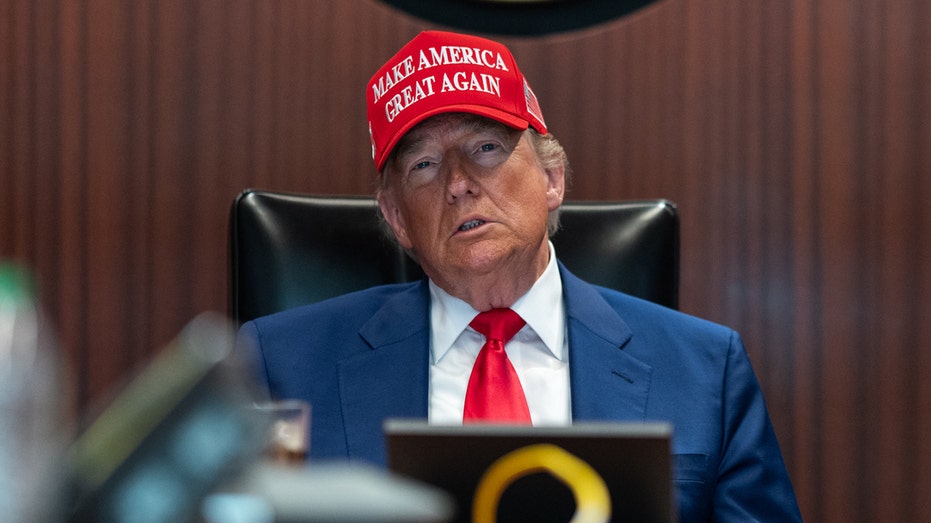
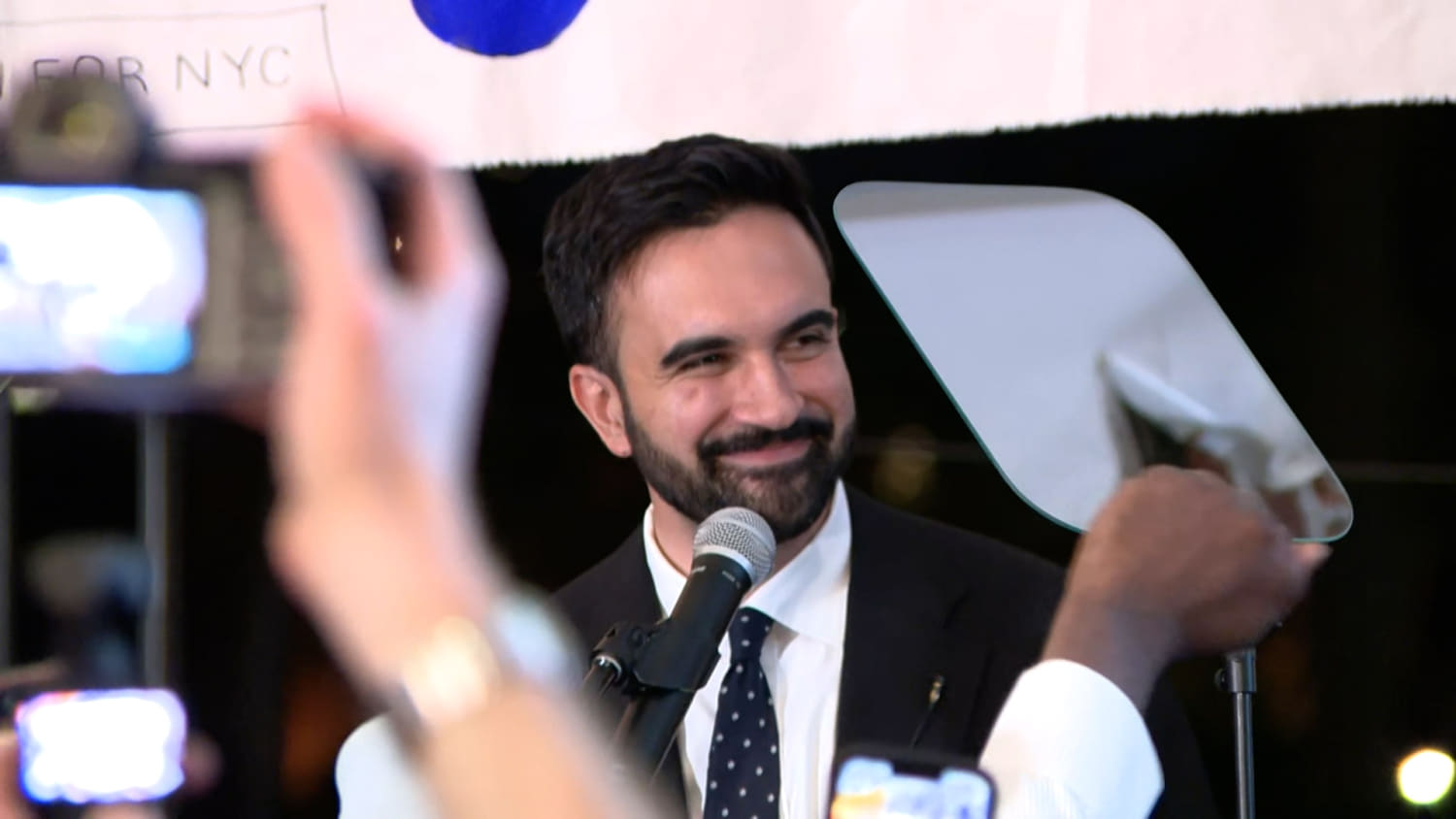
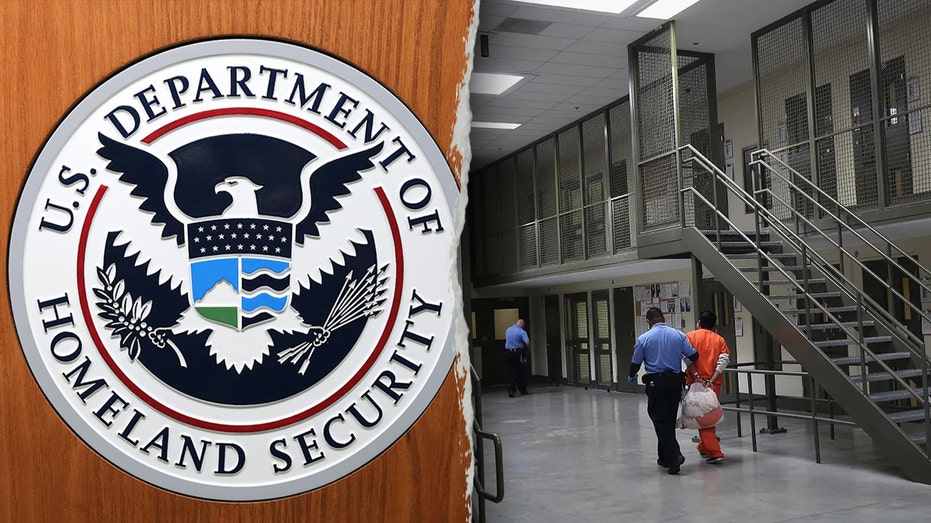

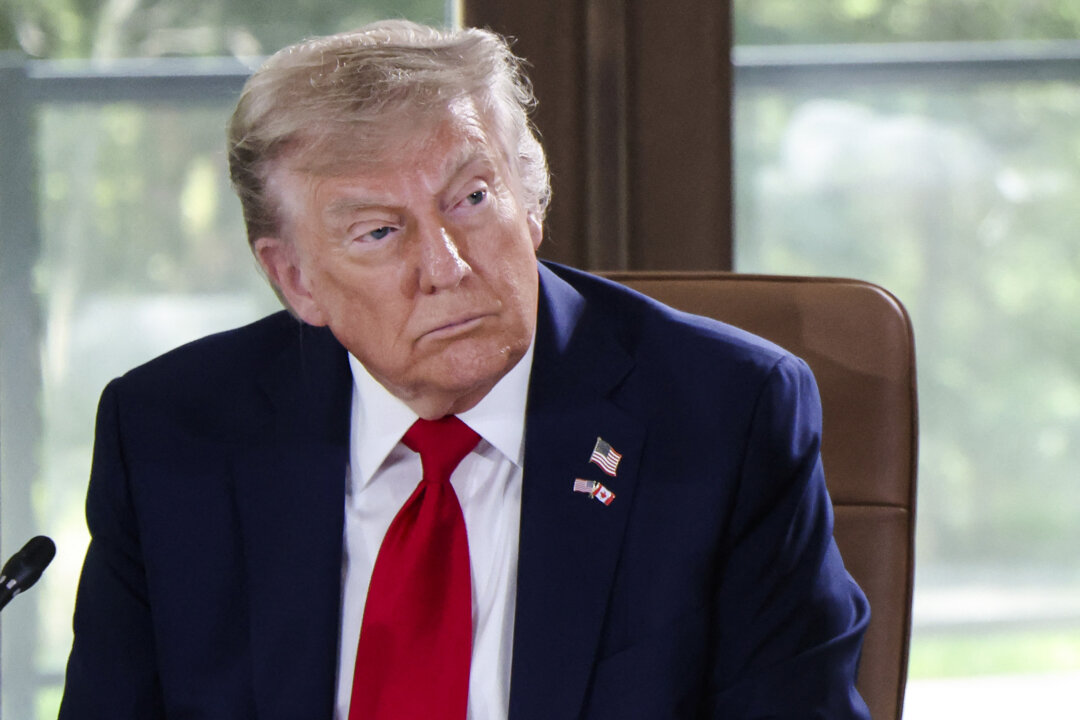

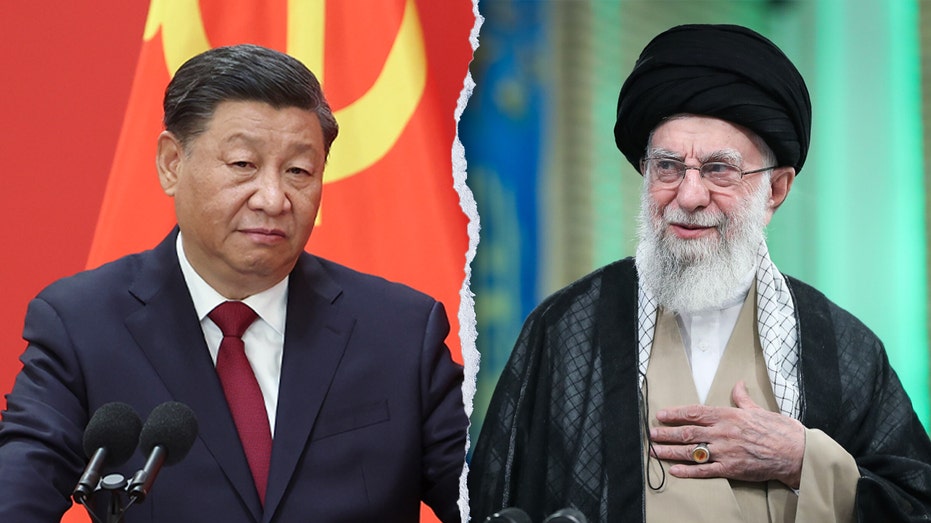





 English (US)
English (US)